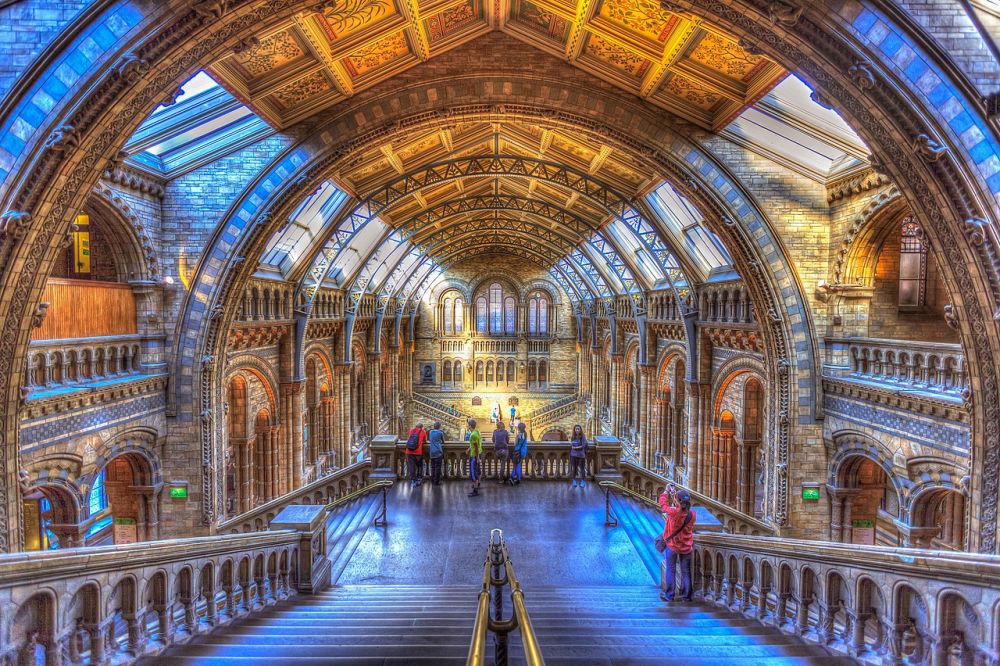

The Natural History Museum in London is one of the most visited attractions in the city and is renowned for its expansive collection of specimens across botany, entomology, mineralogy, paleontology, and zoology. For an optimal experience, the best time to visit is during weekdays, particularly early in the morning soon after opening or later in the afternoon when there tend to be fewer crowds. School holidays, including half-terms and summer vacation, typically see an influx of visitors, which can mean the exhibits are more congested. Weekends are also busier, so aiming for a weekday visit can greatly enhance your experience.
If you're looking to visit when the museum has a more vibrant atmosphere, you may prefer to attend one of the museum's special events or exhibitions, which often occur throughout the year. Special events like ‘Lates’, where the museum is open in the evening for adults only, offer a unique way to experience the museum's offerings amidst a lively and festive ambiance. Keep in mind that London's weather can be quite unpredictable with frequent rains, but since the museum offers indoor exhibits, it can be a perfect retreat on wet days. To avoid the busiest times, plan to visit outside of UK school holidays and bank holidays when possible.
| Month | Min Temp | Max Temp |
|---|---|---|
| January | 2 °c | 8 °c |
| February | 2 °c | 8 °c |
| March | 3 °c | 11 °c |
| April | 6 °c | 14 °c |
| May | 9 °c | 17 °c |
| June | 12 °c | 20 °c |
| July | 14 °c | 22 °c |
| August | 14 °c | 22 °c |
| September | 11 °c | 19 °c |
| October | 8 °c | 15 °c |
| November | 5 °c | 10 °c |
| December | 3 °c | 8 °c |